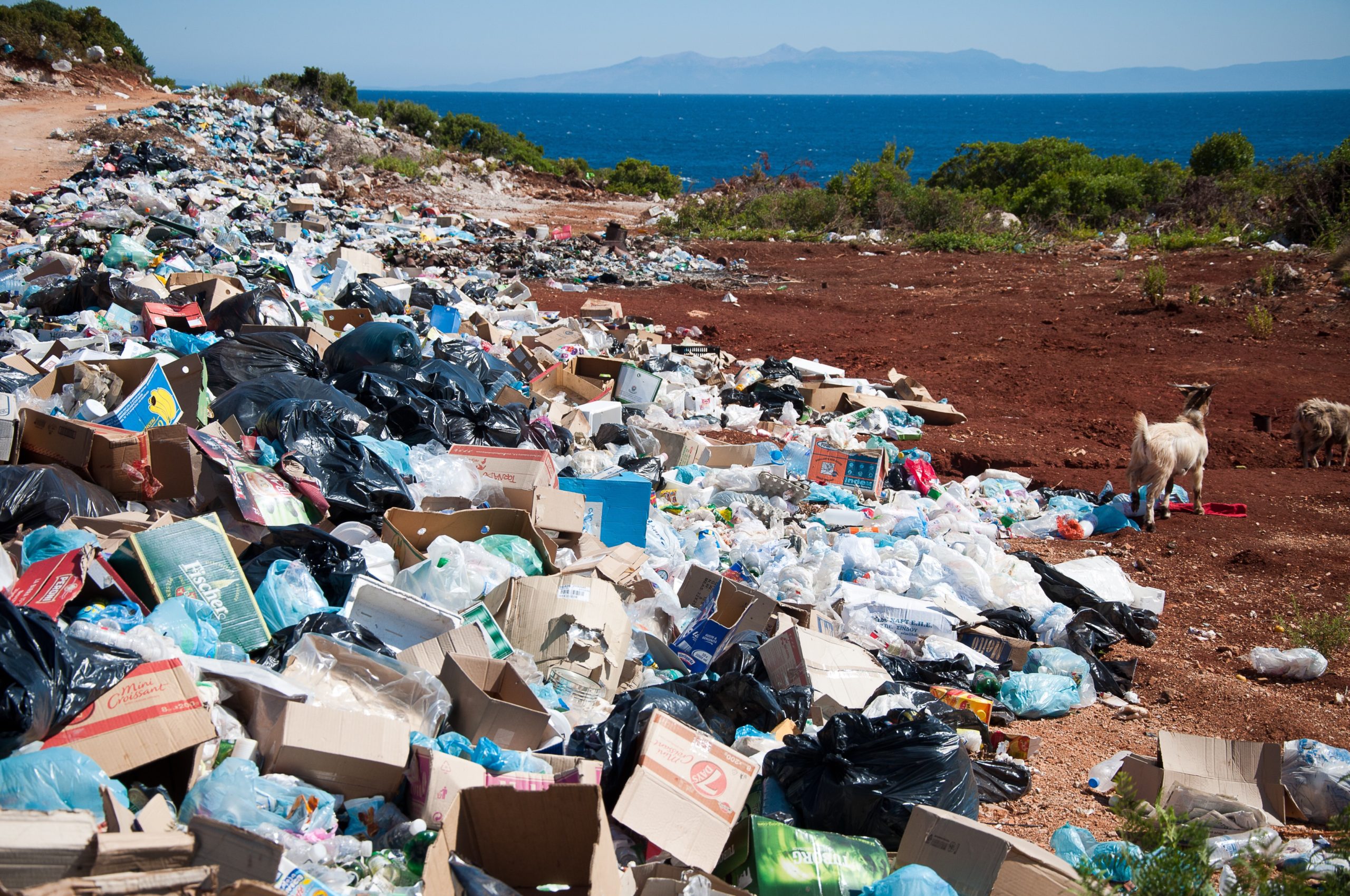In the competitive nature of capitalism, businesses continue to seek ways to lower their costs.
In many cases (though many companies are seeking to change their behaviour and their footprint), this action has a detrimental and exploitative effect on the natural environment.
The first problem is the cheap accumulation of resources: companies want to pay as little as possible for as many resources as possible.
The solution?
Invest in cheap resource development.
In the realm of resource extraction, that means extract as many resources as possible from a site as quickly as possible with the smallest amount invested in sustainability as possible while staying within legal regulations.
In manufacturing, that means manufacturing as many goods as possible, as quickly as possible, as cheaply as possible, with as few sustainability investments as possible.
The second problem is cheap consumption: when goods are made cheaply, their lifetime is shorter and must be disposed of and replaced.
For a business, this is a good sign because it allows for repeat business, but it actually fills our garbage collection with cheap, used goods that are neither biodegradable nor recyclable.
These goods remain in landfills for decades, only to be replaced by other cheap goods that will also end up in our landfills.
In short, the race to cheaper goods leads to unsustainable resource extraction/development and landfills full of cheap, replaceable consumer goods.
If we want our planet to outlive our children, our economy will need to prioritize sustainability over cheap consumer products.
In my next post I will be exploring how the negative effects of our consumption are outsourced to “other” parts of the world.

